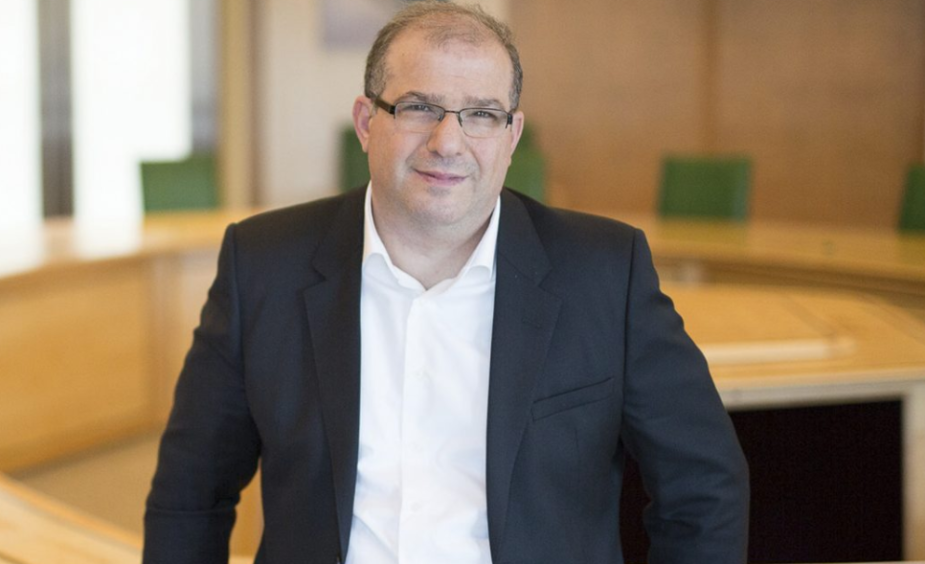
A short time ago, I was at an event in Brussels, talking about the role of natural gas. And there was a gentleman there who didn’t want to engage with our industry at all. At one point he asked me if I was ashamed of my work and said that talking about the future of gas was just our industry looking for a lifeline. He is just one person who sees gas as a problematic energy source. Sadly, he is one of many.
If we do not change how people view gas, we’ll not just be excluded from the conversation about the energy transition – but we may not even be allowed into the room.
Let’s admit that a big reason for that is down to our industry being a little presumptive. After all, we know why the world needs gas and how it can accelerate the shift to lower carbon – displacing coal, supporting renewables, opening the door to CCUS and blue hydrogen. In my mind, it is one of the biggest levers the world has to get to net zero.
But many people don’t see that – and that’s a big problem, both for our industry and for the world. If gas is not seen as a viable part of the future energy system – then either the world won’t get enough of the gas it needs or gas might not be produced in a way that helps the world hit net zero.
Winning a seat at the table
So we need to be at the table that’s discussing tomorrow’s energy system. And for that to happen, we need to earn it. Here’s how:
First, our industry – needs to get our house in order on methane. That’s true all the way along the gas value chain. Because our existence as an industry – our licence to operate – hinges on society accepting what we do.
We need to detect, measure and reduce methane emissions. Technology is making this easier – and cheaper to do. And we cannot afford to delay. I would say a good starting point is for IOGP members to get behind the Oil and Gas Methane Partnership – either by joining or committing to equivalence.
Second, as well as tackling methane, we need to take more action on CO2. This is really about kickstarting CCUS. There’s a lot of talk – perhaps a lot of excitement about the transformative potential of this technology. But to make that a reality – we can’t wait. We need fewer reports and feasibility studies and more steel in the ground. And yes, that means spending hard dollars now.
Third, we need to work with policymakers. We all have aims we’re trying to reach – whether at company, national or international level. We need to see each other not as hindrances to getting to our destination – but as allies who can help us get there.
I firmly believe that policy and industry innovation should work hand-in-hand. And the most long-lasting, transformative changes occur when that happens. We’ve seen that before with tailpipe regulation turbocharging the development of electric vehicles. We need a similar shift if we want to make blue hydrogen a widespread reality – and if we want to see ground-breaking projects like Net Zero Teesside become the norm.
The good news is we know this can work – take the relaunched Oil and Gas Methane Partnership. A voluntary initiative which now has more than 70 company signatories, many of which are IOGP members. It has, in a short period of time, become a de facto standard and has the backing of governments and the EU Commission.
If we get this right, I’m optimistic we can win a seat at the table. And let’s remember, whether we do so or not doesn’t just matter to us. Millions of people rely on the products we produce and billions of people need the world to get to net zero. There is no room for complacency. And there is every reason to act.
The world’s lifeline
As I think back to that interaction in Brussels, I remember my response was instinctive. I told him it’s not our industry looking for a lifeline. It’s our industry offering the world a lifeline.
That’s the truth – but it’s not enough. We need to show our critics that we deserve to be part of the conversation – and that the world can’t afford for us not to be.
And while I’m fairly sure I didn’t convince him, I know we cannot afford to be excluded any longer.
Recommended for you
